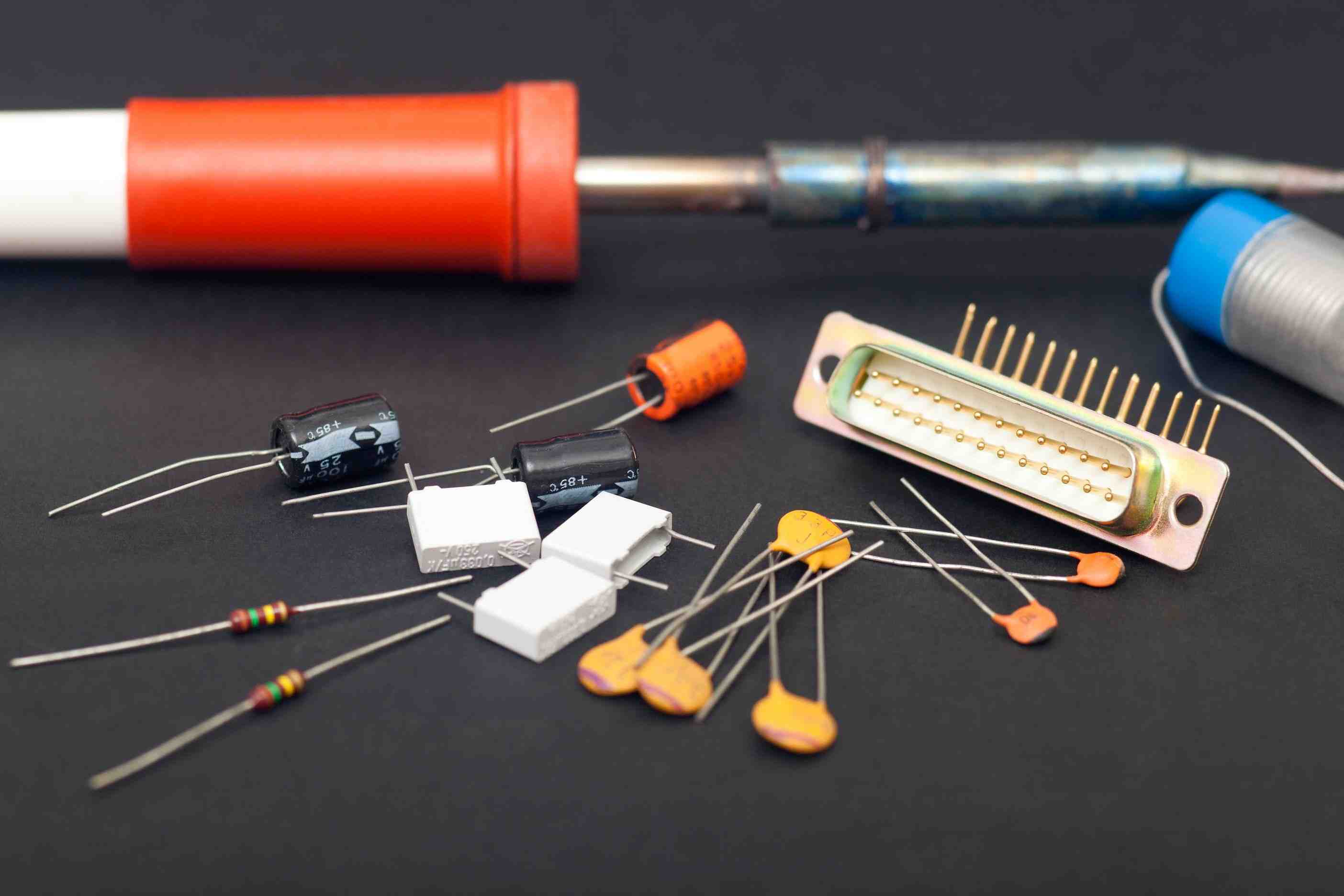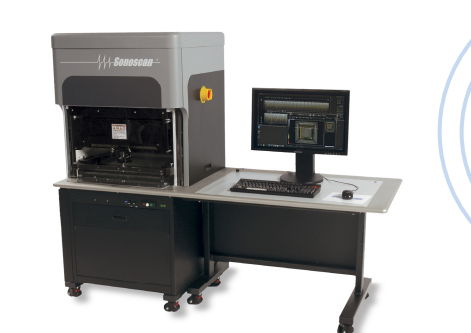




























An ultrasonic scanning microscope is a nondestructive testing instrument that uses ultrasound as a propagation medium to examine the internal structure and condition of devices without causing damage.

| Project Overview
An ultrasonic scanning microscope is a nondestructive testing instrument that uses ultrasound as a propagation medium to examine the internal structure and condition of devices without causing damage.
| Test Objective
Detection of defects such as cracks, delamination, inclusions, attachments, and voids/holes.
| Testing Standards
J-STD-035A-2022 Acoustic Microscopy for Non-Hermetic Encapsulated Electronic Devices;
GJB 4027B-2021 Methods of destructive physical analysis for military electronic components;
GJB 548C-2021 Test methods and procedures for microelectronic devices.
| Service Products / Fields
Inspection of wafers, packaged devices, high-power devices such as IGBT modules, as well as other electronic components, PCB/PCBA, composite materials, coatings, electroplated layers, injection-molded parts, alloys, superconducting materials, ceramics, metal welding, and material bonding interfaces. It is widely applied in fields such as incoming quality control (IQC), failure analysis (FA), quality control (QC), quality assurance and reliability (QA/rel), and research and development (R&D).
| Project Advantages
1. Non-destructive, causing no damage to samples.
2. Precise detection with intuitive imaging.
3. Highly sensitive to defects, supporting the detection of delamination, fracture, defect areas, and enabling measurements of defect length, void ratio, and surface flatness.
| MTT Advantages
1. Professional Team: Equipped with a number of highly experienced testing engineers and technical experts.
2. Advanced Equipment: Equipped with internationally leading testing instruments to ensure accuracy and reliability of results.
3. Efficient Service: Rapidly respond to customer needs and provide one-stop, high-efficiency inspection services.
4. Authoritative Certification: The laboratory is certified by ISO/IEC 17025, ensuring that test reports have international credibility.